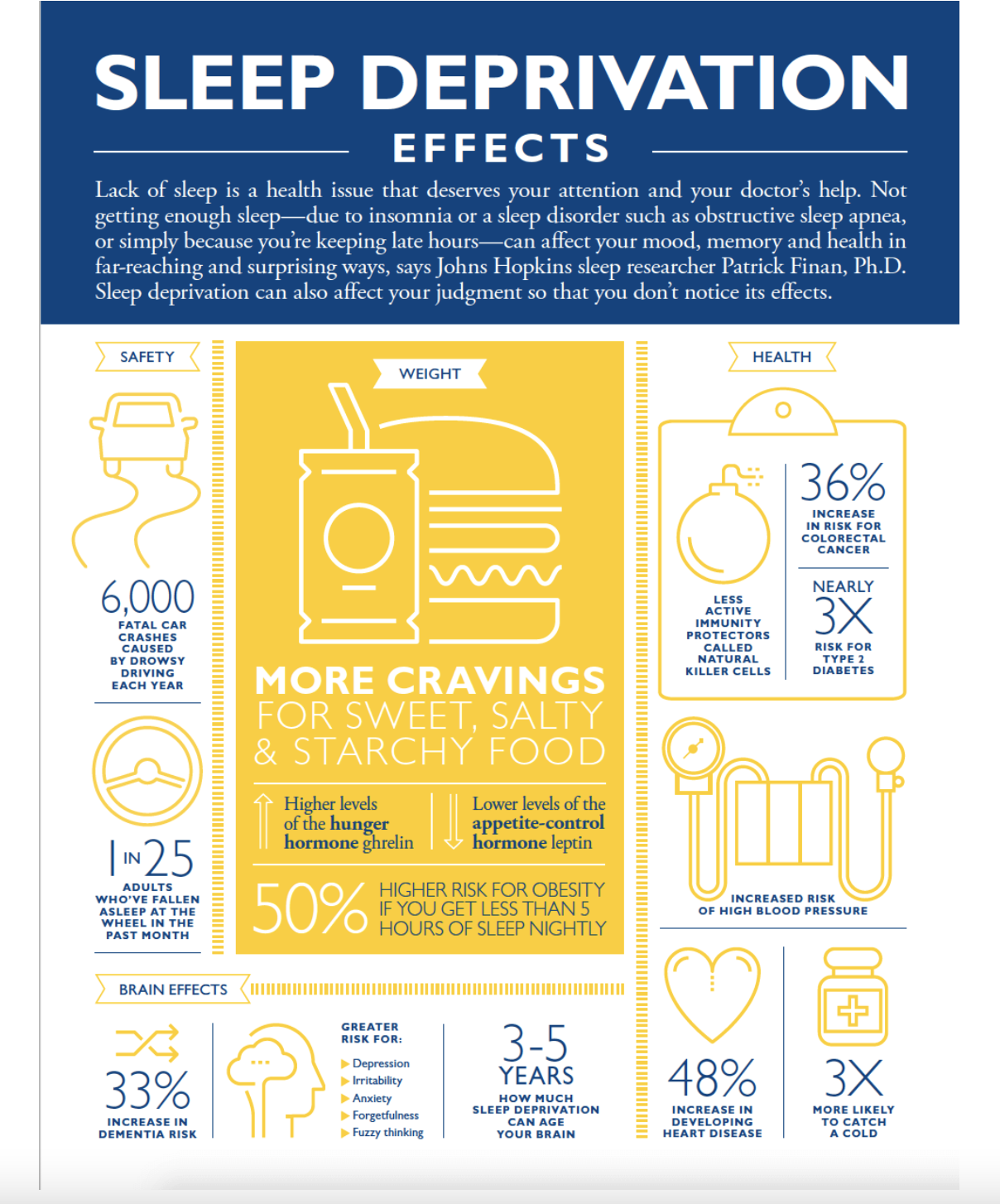The Importance of Sleep Tracking
Sleep is an essential component of our overall well-being as there are numerous psychological, mental, medical, and physical effects that result from inadequate sleep. As sleep tracking is now a hi-light of medical wearables, like the Apple Watch, we wanted to break down the importance of sleep tracking to show why it’s so necessary and so simple! In the following article, we explain the negative consequences of inadequate sleep and present some easily achievable health and wellness benefits of sleep tracking.
Sleep tracking or sleep monitoring is truly one of the easiest ways to get insight into one’s sleep habits! Smart wrist devices like the Apple Watch or the FitBit can be worn while sleeping to get a sense of vitals during sleep time. At Zemplee, we believe in passive sleep tracking for a more restful sleep experience. We use a bed mat placed under the mattress or blanket to track nightly sleep hours, heart rate, respiratory rate, blood pressure, and occupancy. Our AI application then assesses your sleep patterns over time and allows you and your physician to make any necessary changes and put an end to sleep deficiency.
Medical research increasingly affirms that sleep deficiency, or a lack of enough sleep, has long standing impacts on mental and physical health (The Effects of Sleep Deprivation On the Body).
- Psychologically, a lack of sleep can lead to feelings of irritability, anxiety, and depression. It can also affect our ability to concentrate and make decisions, causing problems at work, school, or in personal relationships.
- Mentally, sleep deprivation can have a significant impact on our memory, problem-solving skills, and cognitive functioning. Research has shown that adequate sleep is critical to our ability to process and consolidate memories, making it easier to recall information later.
- Medically, sleep deprivation can have a range of negative effects on our health. Chronic sleep deprivation has been linked to an increased risk of obesity, heart disease, stroke, and diabetes. It can also decrease the resilience of our immune system, making us more susceptible to illness (How Sleep Affects Your Health).
- Physically, a lack of sleep can lead to fatigue, a decrease in physical performance, and increased muscle pain and stiffness. Inadequate sleep can also have a negative impact on our overall energy levels, making it more difficult to complete daily tasks and maintain an active lifestyle.
To ensure good sleep health, it is recommended to maintain a consistent sleep schedule, avoid caffeine and alcohol at least an hour before bedtime, and create a relaxing bedtime routine. Even so, sleep tracking allows individuals to take more steps to improve their sleep and ultimately their overall well-being.
Monitoring sleep health is beneficial and necessary because it helps people understand the quality and quantity of their sleep, and identify any patterns or factors that may be affecting it. Sleep tracking can especially lead to better health outcomes for adults over 65 for the following reasons:
- Improved sleep quality: As we age, sleep patterns can change and it can become more difficult to get a good night’s sleep. By tracking sleep health, older adults can identify any factors that may be affecting their sleep, such as sleep apnea or medication side effects, and take steps to improve the quality and duration of their sleep.
- Reduced risk of chronic conditions: Adequate sleep has been linked to a lower risk of chronic conditions such as heart disease, stroke, and diabetes. By tracking sleep health, older adults can identify any issues that may be contributing to poor health outcomes and take steps to address them (Sleep and Chronic Disease).
- Improved cognitive function: Sleep plays a critical role in memory consolidation and cognitive function, and adequate sleep can help to reduce the risk of cognitive decline in older adults. By tracking sleep health, older adults can ensure they are getting enough sleep to maintain their cognitive function.
- Reduced risk of falls: Inadequate sleep can increase the risk of falls in older adults, which can lead to serious injuries and a decreased quality of life. By tracking sleep health, older adults can identify any sleep-related issues that may be affecting their stability and take steps to reduce their risk of falls.
- Increased productivity and performance: Adequate sleep is essential for cognitive function, memory, and physical performance. By tracking sleep health, individuals can ensure they are getting enough sleep to perform at their best during the day.
- Improved mood and mental well-being: Sleep has a significant impact on mental well-being, and inadequate sleep can lead to feelings of irritability, anxiety, and depression. By tracking sleep health, individuals can identify and address any issues that may be affecting their mood and mental well-being.
In conclusion, tracking sleep health can lead to better health outcomes for adults over 65 by improving the quality and quantity of their sleep, reducing the risk of chronic conditions, improving cognitive function, and reducing the risk of falls. By tracking sleep health, either with a smart watch or with passive monitoring, like Zemplee, individuals and their doctors can identify and address any issues that may be contributing to poor health outcomes.
*If you or a loved one are experiencing difficulty sleeping, speak to a doctor or sleep specialist who can help identify and address any underlying issues.

courtesy of Johns Hopkins Medicine

